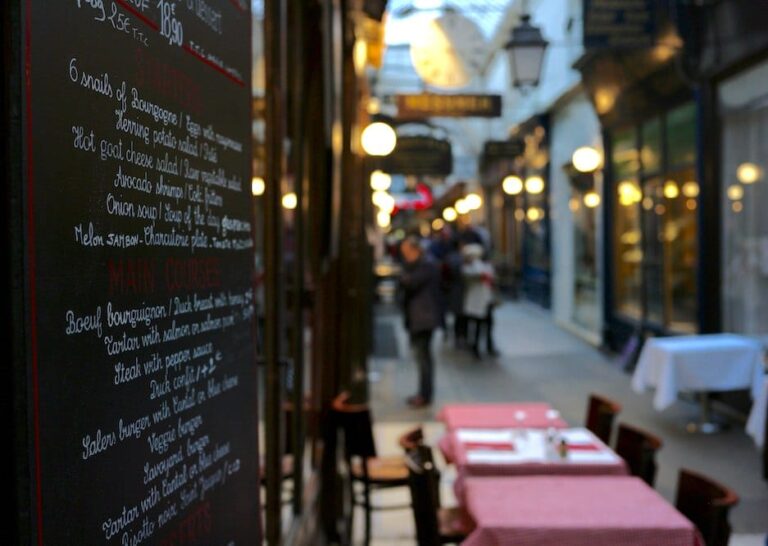I think so
Translating “I Think So” into French
The phrase “I think so” has several equivalents in French, each offering a slightly different nuance. Depending on the level of certainty, tone, or context, there are multiple ways to convey this idea. Here’s a guide to the most common translations and when to use them.
1. Je pense (que oui) – The Direct Translation
Je pense (que oui) is the direct translation of “I think so.” This expression is straightforward and works well in most situations. It’s commonly used in casual conversations to express a belief or assumption.
- Example: Est-ce que tu crois qu’il va venir ? — Je pense (que oui).
(Do you think he will come? — I think so.)
2. Je crois (que oui) – I Believe So
Je crois (que oui) literally translates to “I believe so.” This phrase is very common in spoken French and can be used interchangeably with Je pense (que oui). It carries a similar level of certainty but may sound slightly more thoughtful or reflective.
- Example: Est-ce que c’est possible ? — Je crois (que oui).
(Is it possible? — I believe so.)
3. Il me semble (que oui) – It Seems to Me (So)
This expression, Il me semble (que oui), translates to “It seems to me (so).” It suggests that the speaker believes something to be true, but with a hint of uncertainty. It’s a bit softer in tone than Je pense or Je crois, making it suitable when you’re reasonably sure but not fully confident.
- Example: Est-ce qu’ils sont déjà arrivés ? — Il me semble (que oui).
(Are they here already? — It seems to me so.)
4. Je suppose (que oui) – I Suppose So
Je suppose (que oui) means “I suppose so.” This expression is used when you think something is true but lack a strong conviction. It’s commonly used to respond to a question when you don’t have complete information or are only tentatively agreeing.
- Example: Est-ce qu’on a tout ce qu’il faut ? — Je suppose (que oui).
(Do we have everything we need? — I suppose so.)
5. J’imagine (que oui) – I Imagine So
J’imagine (que oui) translates to “I imagine so” and implies a guess or assumption based on logic or reasoning. It’s useful when you think something is likely true but are basing your response on inference rather than direct knowledge.
- Example: Tu crois qu’ils vont accepter ? — J’imagine (que oui).
(Do you think they’ll agree? — I imagine so.)
6. Ça doit être ça – That Must Be It
This phrase, Ça doit être ça, literally means “That must be it.” It’s used when you are fairly certain about something based on available information. Unlike the other options, this phrase is more declarative and suggests that you’re making an informed assumption.
- Example: Ils sont partis, non ? — Ça doit être ça.
(They’ve left, right? — That must be it.)
Summary
Here’s a quick recap of the different ways to say “I think so” in French:
- Je pense (que oui) – Direct and neutral, a standard way to express “I think so.”
- Je crois (que oui) – Very similar to Je pense, meaning “I believe so.”
- Il me semble (que oui) – Adds a touch of uncertainty, translating to “It seems to me (so).”
- Je suppose (que oui) – Implies tentative agreement, translating to “I suppose so.”
- J’imagine (que oui) – Indicates a logical guess, meaning “I imagine so.”
- Ça doit être ça – Used for a more certain assumption, meaning “That must be it.”
Each phrase has a specific context where it sounds most natural, allowing French speakers to choose expressions that fit different situations, degrees of certainty, and conversational tones.






